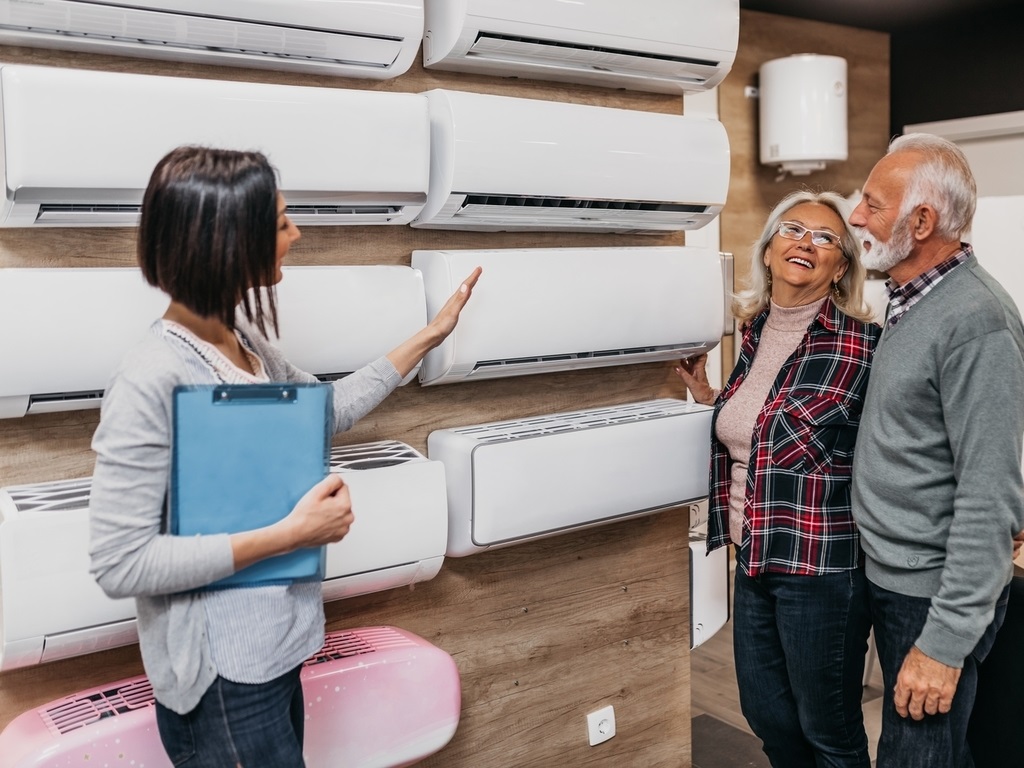A reliable HVAC, aka Heating, Ventilation, and Air Conditioning system, is essential when creating a comfortable living space. Whether replacing an old unit or installing a new one, making an informed decision is crucial. With various available options, here’s what you should know before buying an HVAC system.
Assess Your Needs
Start by assessing your needs. Consider the size of your space, your climate, and your usage patterns. A system that’s too small won’t effectively cool or heat your home, while an oversized one can lead to energy wastage. Consulting with HVAC professionals can help you select the right size and type of system for your specific requirements.
Energy Efficiency Matters
HVAC systems are significant energy consumers in most homes. Opting for an energy-efficient unit can significantly impact your utility bills and carbon footprint. If you’re looking for an energy-efficient air conditioner or furnace, look for systems with a high SEER rating and an AFUE rating. Energy-efficient models may have expensive upfront costs but tend to pay off in the long run through lower energy bills.
Consider the Type of System
Many different types of heating and air-conditioning systems are available, including split systems, packaged heating and air systems, and ductless mini-split systems. The right type depends on factors such as your home’s infrastructure and preferences. Split systems are the most common: an outdoor unit and an indoor unit. Packaged systems house all components in a single outdoor unit, while ductless mini-splits are great for spaces without ductwork.
Quality Installation Is Key
Even the best HVAC system will only perform optimally if installed correctly. Finding a reputable HVAC contractor with a history of quality installations is essential. A professional installer will make sure the system is sized correctly, installed, and set up for maximum efficiency.
Explore Advanced Features
Modern HVAC systems have various advanced features that enhance your comfort and convenience. These may include programmable thermostats, zoning options, humidity control, and smart technology integration. Programmable thermostats let you set temperature schedules, saving energy when you’re not home. Zoning systems enable you to control different areas of your home independently. Exploring these features can help you tailor your HVAC system to your lifestyle.
Maintenance Requirements
Like any other machinery, HVAC systems require regular maintenance to ensure optimal performance and longevity. Before buying, inquire about the manufacturer’s recommended maintenance schedule and costs. Regular filter changes, professional inspections, and upkeep are necessary to keep your system running smoothly.






